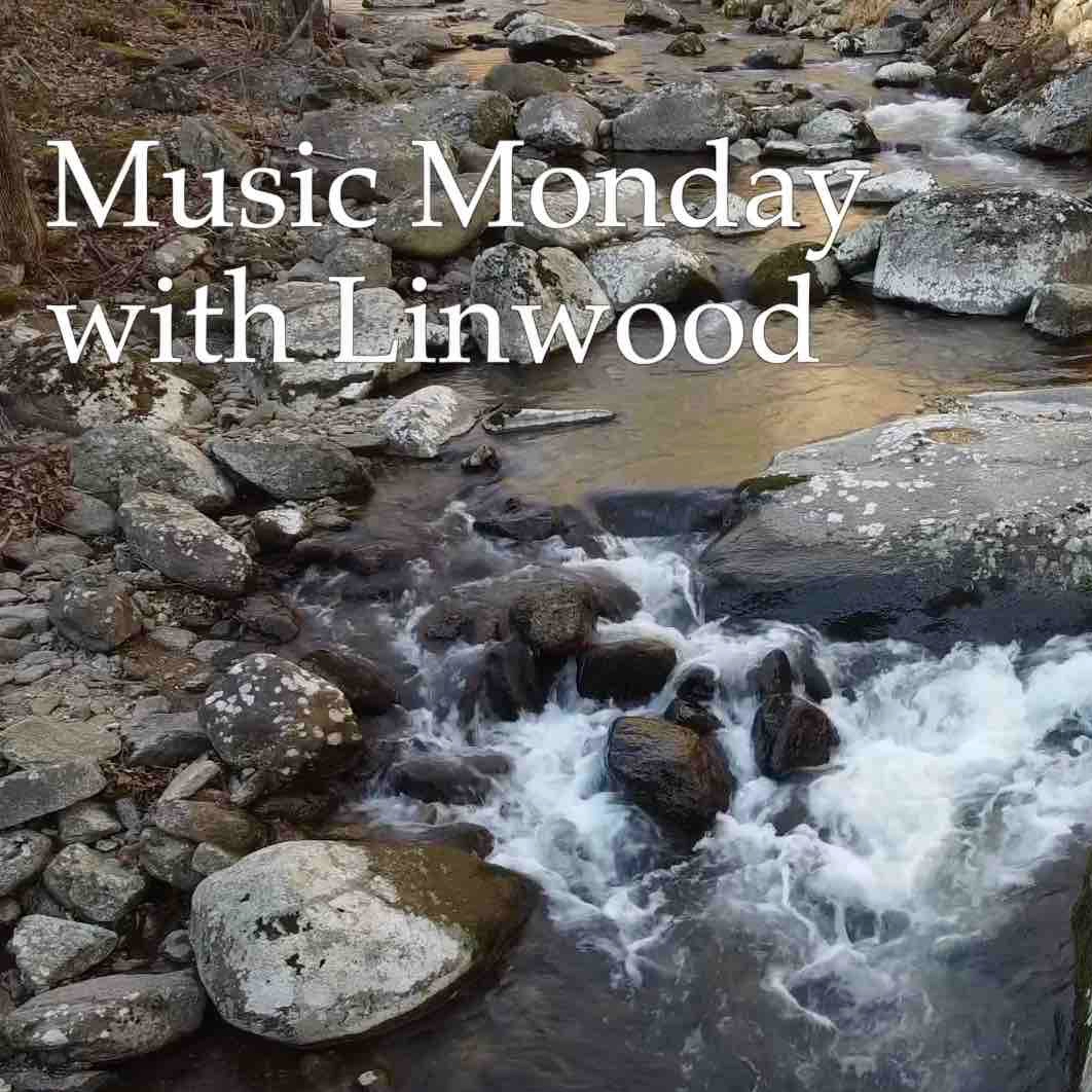Good morning, and welcome to my final Wesley Wednesday devotion. When I began this series, I never imagined that it would continue for nearly two years. I have learned so much about our Wesleyan heritage, and I trust you have as well. Thanks for listening and sharing your kind words of appreciation.
During the coming weeks Linwood will help be combine some of my favorite devotions and share them via social media.
My hope is that through these devotions I have been able to reveal Charles Wesley not only as hymnist but also theologian. “It has been rightfully noted that his was “a theology which was sung”.
Today I take a look at two of Charles Wesley hymns which express his understanding of the Messiah.
O Love Divine
O Love Divine! What hast thou done! The immortal God hath died for me. The Father’s co-eternal son bore all my sins upon the tree. The immortal God for me has died! My Lord My love is crucified
Singing these words evoke some of the most powerful meaning of the incarnation of Christ. The immortal God has died for me. My Lord, My Love is crucified.
And from his collection of Hymns for the Nativity of Our Lord
“Glory Be To God on High”. This hymn is not in our hymnal so one which you may not be familiar. It has become one of my favorites.
Glory Be to God on High, And Peace on earth descend!
God comes down, he bows the sky and shows himself our friend. God the invisible appears! God the blest, the Great I Am. Sojourns in this vale of tears, and Jesus is his name.
Him the Angels all adored. Their Maker and their King;
Tidings of their humbled Lord they now to mortals bring.
Emptied of his majesty, of his dazzling glories shorn.
Beings source / begins to be, and God himself was born.
(Repeat)
Stand amazed ye heavens at this!
See the Lord of earth and skies
Humbled to the dust he is, and in a manger lies.
We the sons of men rejoice, The Prince of Peace proclaim,
With heaven’s host lift up our voice and shout Immanuel’s name
John Tyson describes this as “uniting heart and mind in an act of praise and doxology. He says that Wesley’s hymns caused the singer to participate in and experience the gospel’s truths in a way that sterile theological definitions do not. In sermon and song, Charles intended to communicate biblical teaching in a way that causes singers to replicate the Bibles Christian experiences.”
Merry Christmas and Happy New Year!
Stay safe and have a Blessed Day.

 Music Monday: It's Finally Here!
This is the Monday I’ve been waiting for!
It’s the Monday after Thanksgiving Da
Music Monday: It's Finally Here!
This is the Monday I’ve been waiting for!
It’s the Monday after Thanksgiving Da
 Wisdom Wednesday: Thanksgiving 2023
Grace and peace to you. I’m Rev. Joe Cailles, the pastor of Peakland United Met
Wisdom Wednesday: Thanksgiving 2023
Grace and peace to you. I’m Rev. Joe Cailles, the pastor of Peakland United Met
 Wisdom Wednesday: Advent Mission Festival
Grace and peace to you. I’m Rev. Joe Cailles, the pastor of Peakland United Met
Wisdom Wednesday: Advent Mission Festival
Grace and peace to you. I’m Rev. Joe Cailles, the pastor of Peakland United Met
 Music Monday: Great Things
The was frost on the pumpkin this morning!
And that has absolutely nothing to
Music Monday: Great Things
The was frost on the pumpkin this morning!
And that has absolutely nothing to
Comments & Upvotes